Politics
Labour win leaves every party with problems

AGAINST all predictions, the elections to the Welsh Parliament have produced neither a coalition nor a breakthrough for either the Conservatives or Plaid Cymru.
Instead, Mark Drakeford will return to Cardiff Bay as First Minister at the head of a Labour Government.
Although thirty seats is not an overall majority, something Labour has never had in Wales, it is more than enough to form a government able to advance its policies with very little horse-trading.
The presence in the Welsh Parliament of a lone Liberal Democrat, Jane Dodds, will almost certainly lead to Labour having 31 dependable votes without having to do too many deals with Plaid Cymru to get what it wants.
CONSERVATIVES STILL WAIT FOR THE GREAT LEAP FORWARD

The Conservatives captured only one of their target seats, the Vale of Clwyd. They racked up impressive performances in seats they already held.
Apart from the Vale of Clwyd, they failed to make any breakthroughs in North Wales. In seats like Cardiff North and the Vale of Glamorgan, the Conservatives went backwards at a rate of knots.
Already ‘sources’ in the Conservatives claim it’s because the party in Wales didn’t capitalise on the Brexit vote. That, again, reveals a party too intent on internal faction-fighting and reliving the Brexit psychodrama than one focussed adequately on the present and the future.
It also rewrites history (the Conservatives did rather well in December 2019) and ignores an important reality.
Mark Drakeford’s profile during the last year rose.
His regular public briefings brought him and the powers the Labour Government has in Cardiff Bay into people’s daily lives.
As Labour Minister Lee Waters admitted, Mark Drakeford might be ‘a bit nerdy, a bit boring’, but he was Labour’s biggest electoral asset.
As the Conservatives in Wales cleaved to an ever-closer union with Boris Johnson’s Westminster Government, the personal contest boiled down to Boris versus Mark.
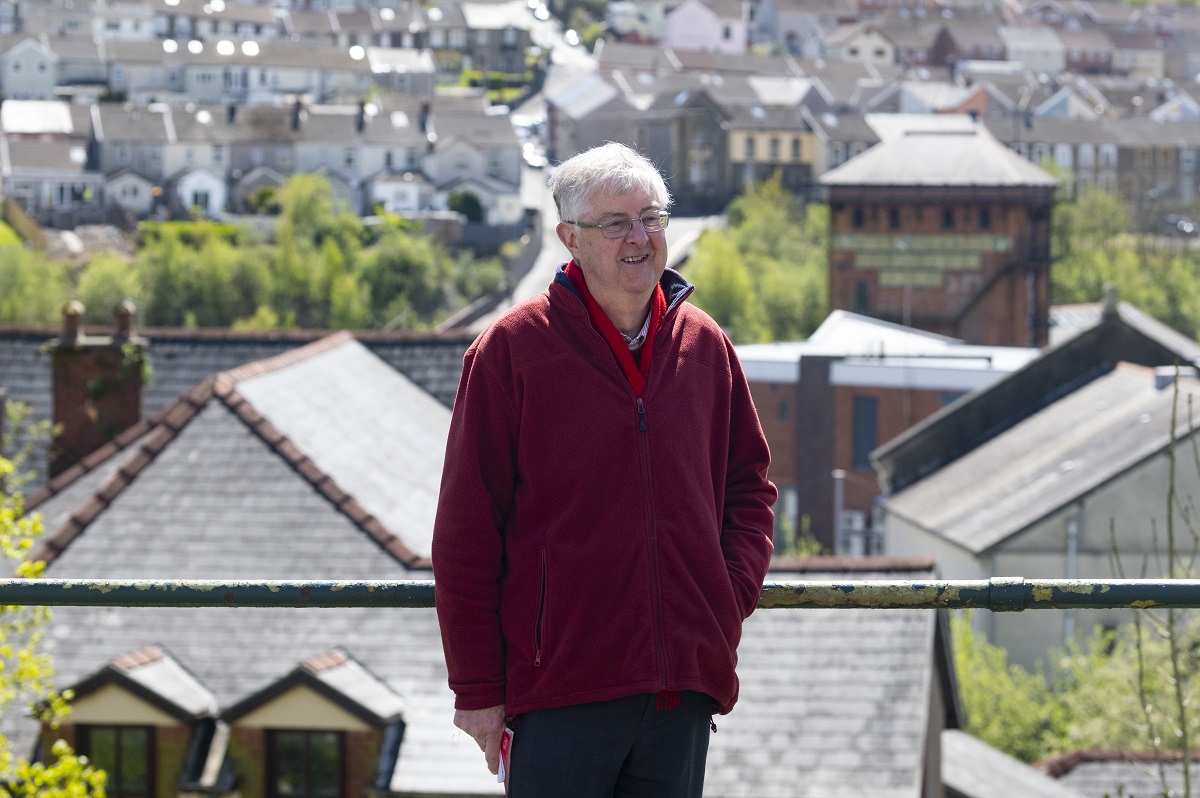

The Welsh public took one look at the calm and (yes) boring Mark Drakeford and the shambling sloganeering Boris Johnson and decided which they preferred.
The Welsh Government’s steady and cautious approach to the pandemic contrasts favourably with the scandal-mired and higgledy-piggledy approach over Offa’s Dyke.
Suppose the Conservatives in Cardiff Bay continue to behave like sock puppets for Westminster. In that case, they will never break through to a Welsh public that has not returned a Conservative majority since the nineteenth century.
Someone needs to sit down and explain that to Andrew RT Davies and his handlers in plain and honest language.
The question boils down to this: are you Welsh Conservatives with a plan for Wales or Conservatives in Wales with an agenda set by Westminster and the Welsh Office?
The Conservatives cannot ride two horses at once and need to be upfront about who and what they are.
That said, the Conservatives are Wales’ second party – and by some margin, too. The validity of conservatism as a force in Welsh politics can be neither ignored nor understated.
No matter how much abuse is flung at their candidates and activists on social media by activists from the left and/or those supporting independence, that’s a political reality and will remain so for some time.
A failure to acknowledge opposing ideas not only exist but have the right to exist is a fatal flaw in both nationalist and left-wing politics. Particularly for the former: without persuading small ‘c’ conservatives to support independence, the chances of winning a referendum are practically nil.

PLAID LOOK FOR DIRECTION AND A FUTURE
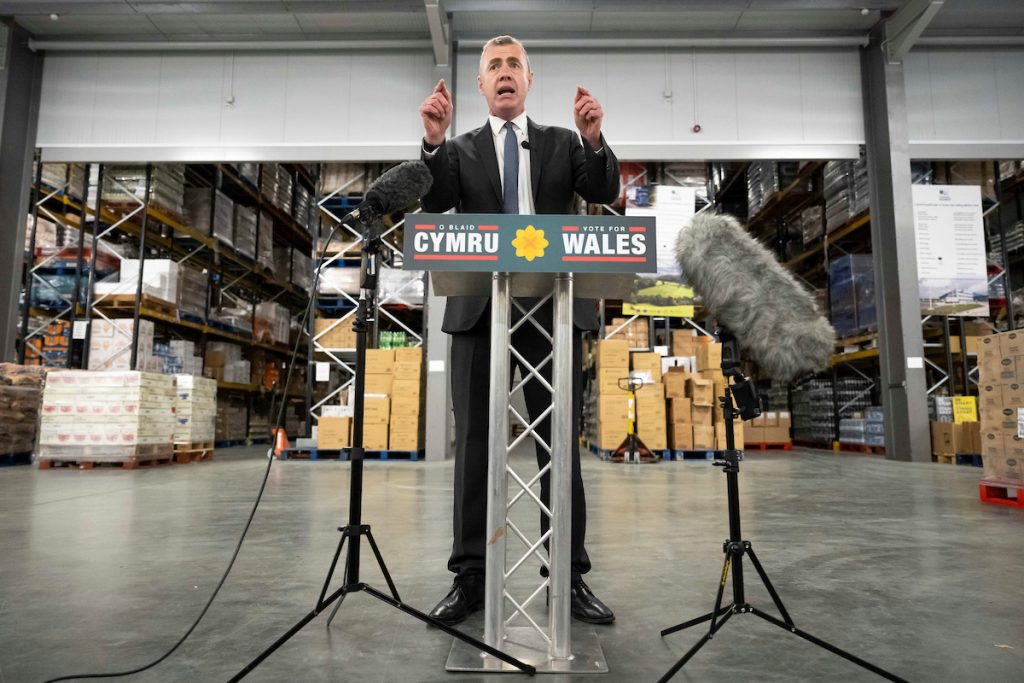
The election was undoubtedly disappointing for Plaid Cymru. Brave talk and bold promises did not convert to votes where it mattered.
In target marginals, their vote simply didn’t materialise.
Plaid Cymru lost former leader Leanne Wood, and Helen Mary Jones was crushed in Llanelli.
Llanelli has long been the most marginal seat in Wales. Lee Waters’ new majority is some way north of 5,500 and looks to have ended Helen Mary Jones’ long political career.
In Preseli Pembrokeshire, Cris Tomos increased Plaid’s vote by over 50%. In Carmarthen West and South Pembrokeshire, Plaid’s vote-share went up by over a fifth.
That happened through a volunteer effort as resources were piled into Llanelli, where Plaid was routed.
Plaid has less money than other parties. The folly of pouring resources into a single seat shows weakness. There was no need for a paid organiser for one seat – it should’ve been a regional effort to maximise Plaid’s regional vote.


While the losses of Leanne Wood and Helen Mary Jones are undoubtedly a blow to Plaid Cymru in the Senedd, it is unlikely to upset too many more traditionally-minded party activists.
Plaid’s core problem is that its central office staff and its national executive consists of factional activists who pursue sectional interests above creating a policy agenda that speaks to the sort of voters Plaid needs to pick up.
Those small ‘c’ conservatives – socially conservative but inclined to Plaid on other issues – have no home or voice in the party.
They might vote Labour. They might vote Conservative. Far worse, they might not vote at all. And they will not vote for Plaid.
If Plaid is going to be a third party with influence, instead of a ginger group constantly on the fringes of power but without ever exercising it, it needs to professionalise its organisation and stop the nonsense which ties the hands of regional campaigns.
There’s no point having your head in the clouds if you’re hurtling towards the ground without a parachute.
TIME TO ABOLISH ABOLISH
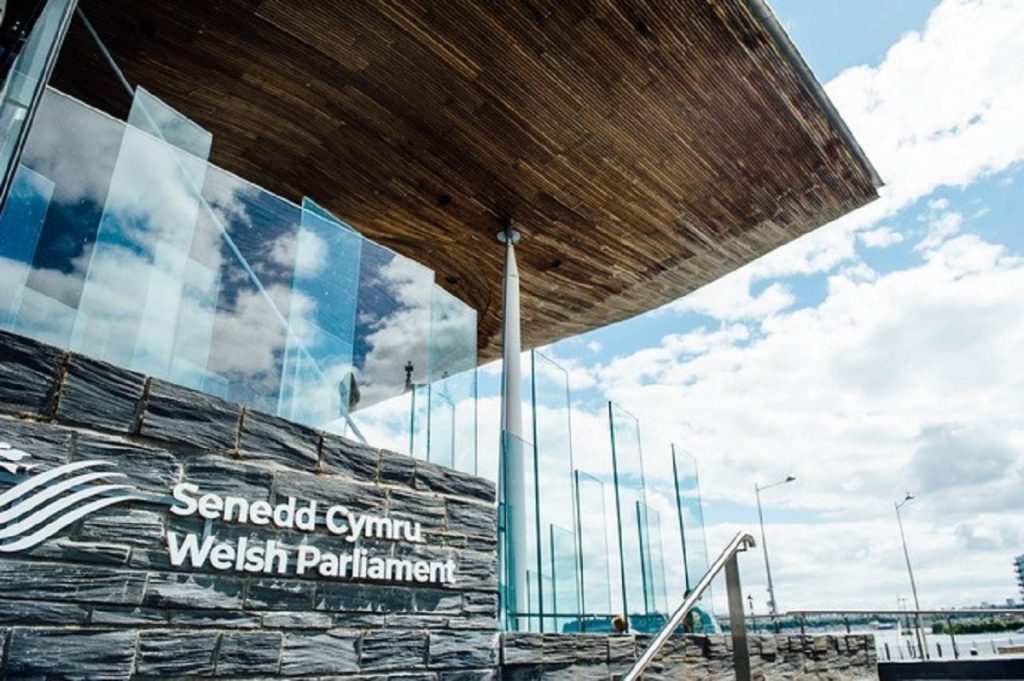
A website, a slogan, a few polls. Constantly bigged-up by the London media and the BBC, Abolish the Assembly (sic.) got exactly what it deserved.
Bog all.
The Greens outperformed Abolish – again – demonstrating the farce of Richard Suchorzewski’s invitation from the BBC to the main leadership debate for what it was.
While the Abolish voice will not be silenced, its hammering will ensure it won’t be given a free pass in the future.
After five years of faction-fighting, UKIP’s vote predictably collapsed.
Only one of its candidates – Paul Dowson in Carmarthen West and South Pembrokeshire – came within 50 of getting 1,000 votes in any constituency.
As Welsh online media becomes more diverse and breaks through to more people in Wales, and it will, the hold of London dead tree media will decrease. The chances of fringe single-issue parties getting the coverage and exposure they enjoyed before the election will recede.
Not because those voices aren’t necessary, but because the voters – those who consume media – don’t think they’re important enough to justify coverage.
The argument about abolition is over. What remains is the debate about what powers the Welsh Parliament has in the future.
THE THREAT TO LABOUR

When a party has performed so far above pollsters’ expectations in an election, it sounds strange to speak of its threats and problems.
But there are issues that Labour cannot ignore.
It has no excuse left for not delivering its modest policy agenda within the five years of this Welsh Parliament.
Secondly, turnout in Labour safe seats – those with no second party threat – was humiliatingly small. Swansea East turned out barely a third of its electorate, and Merthyr and Rhymney 35%. That’s no ringing endorsement for a sitting government from its core voters.
The politics of Wales outside Labour safe seats were far more dynamic, and the electoral significantly more engaged.
Although barely half of 16-17-year-olds registered to vote, most of those who registered voted. And a basic assessment suggests they voted disproportionately for Plaid and the Green party over the big two.
Complacency is also a risk. Labour cannot just sit back; it’s got a more-or-less working majority under its own steam. There can be no excuses now.
The pandemic was the Welsh Government’s unseen friend in this election. It raised the Welsh Government’s profile within Wales and showed the public what the Welsh Government could do with its powers. It boosted Mark Drakeford’s public profile.
As the campaign went on it became noticeable other Labour ministers faded into the background in favour of a focus on Mark Drakeford’s personal qualities.
In the past, this was called ‘the doctor’s mandate’ in UK elections, and Mark Drakeford’s evident diligence and doggedness played well.
In the absence of the pandemic, it’s hard to see how Labour could’ve maintained its death-grip on the levers of power unaided.
The biggest challenge for Labour is who succeeds Mark Drakeford and when.
He said he would stand down in this Parliamentary term, and that leaves Labour a real difficulty.
The personal focus on Mark Drakeford deflected attention from the shortcomings of pretenders to his throne.
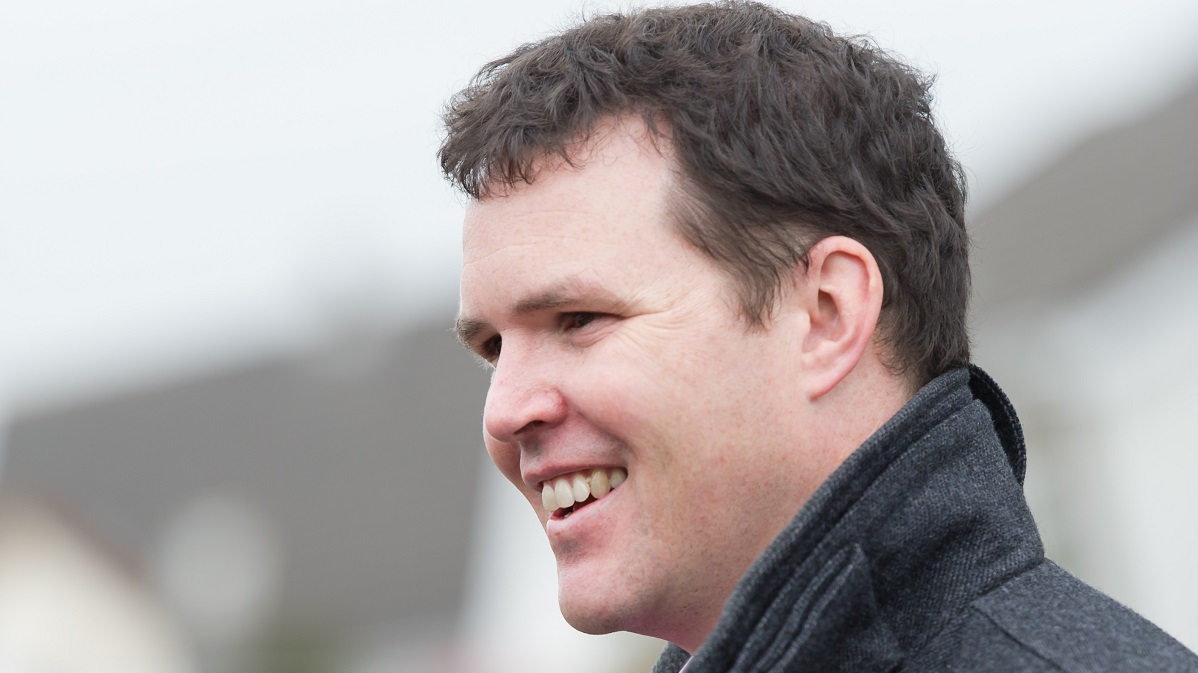
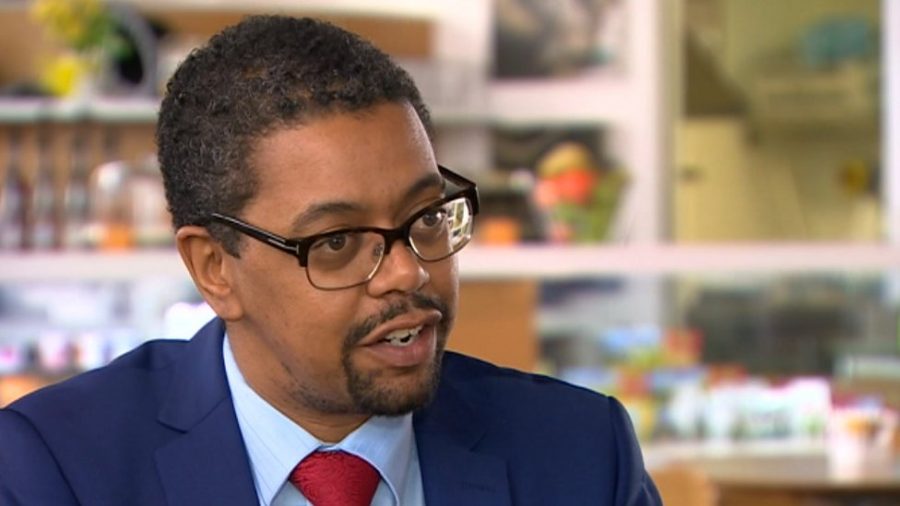
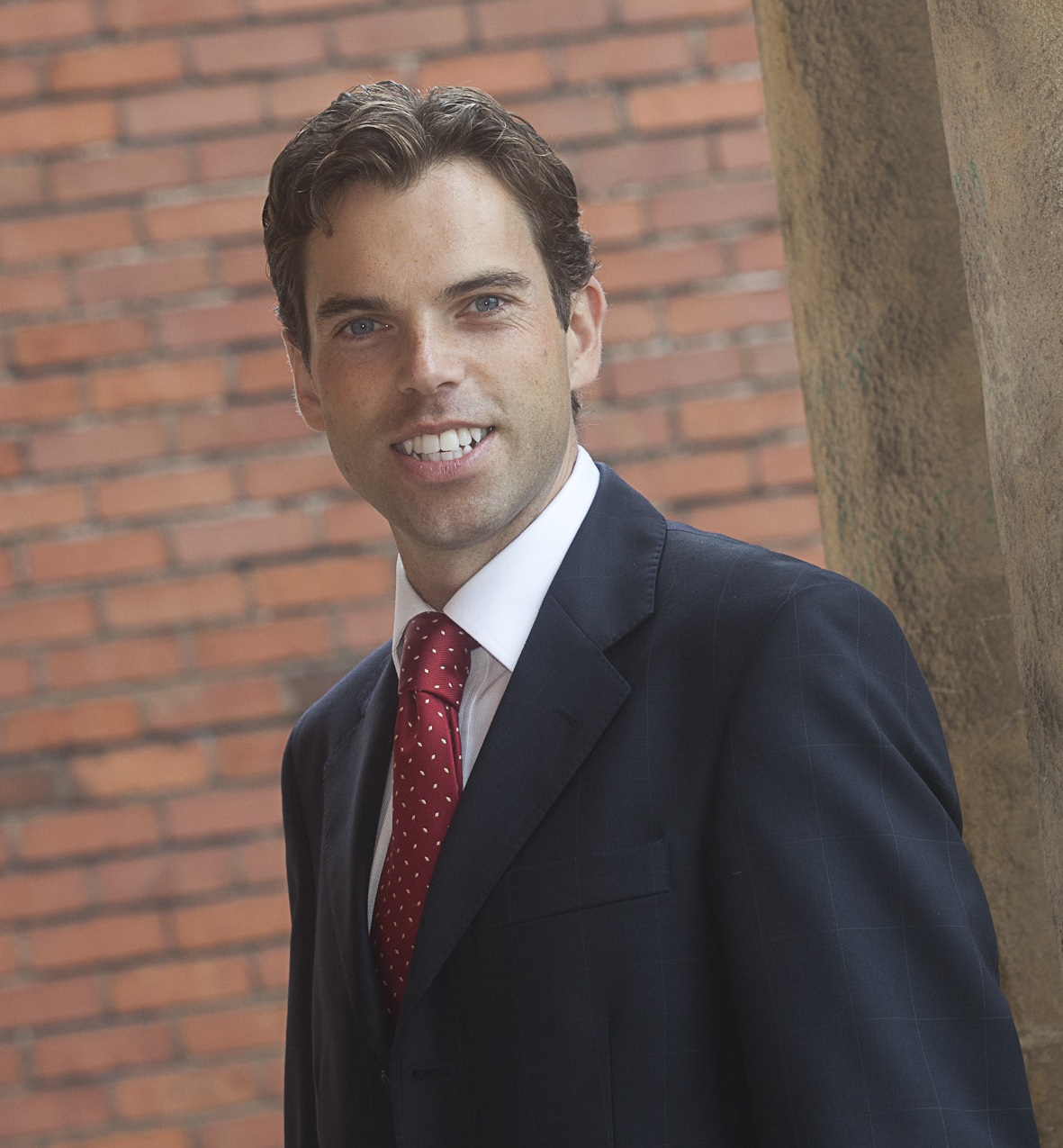
Vaughan Gething: patronising, easily rattled, waspish, doesn’t command the detail.
Ken Skates: unfairly labelled plastic but with a sound grasp of policy but almost no public profile to speak of.
Probably the ablest of the Welsh ministers is Lee Waters. He is bright and articulate but hamstrung by a reputation for being ‘difficult’.
Nine out of ten voters probably couldn’t name any other members of the last Labour cabinet. Unless you’re a farmer. In which case, you’ll have a Lesley Griffiths dartboard.
Without Mark Drakeford at the helm, there’s a distinct shortage of candidates with either the public profile or political weight to take up the post of First Minister.
Wind forward five years, Labour faces a real fight if it fails to deliver on its limited manifesto and lacks a leader who appeals to the wider Welsh public and not just Labour’s endemic tribalism.
Then the political landscape of Wales might well change.
Business
Bluestone National Park Resort payments to county to end
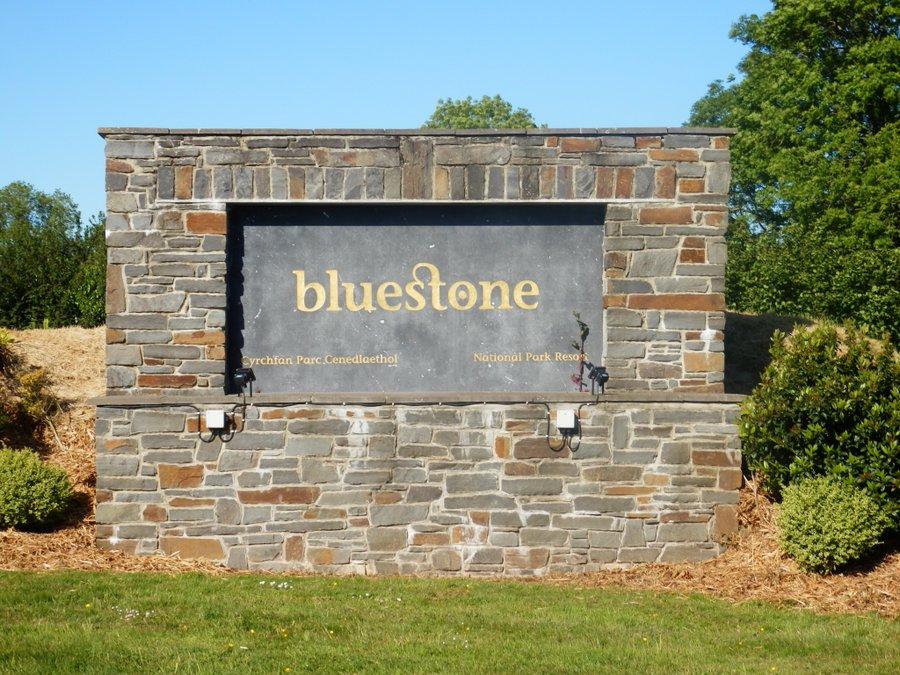
A CALL to end a 20-year legal agreement for financial contributions associated with the creation of Pembrokeshire’s Bluestone National Park Resort has been backed by both the county council and the national park.
In related submitted applications to both Pembrokeshire Coast National Park and Pembrokeshire County Council, Bluestone Resorts Ltd asked to end a 2004 Section 106 legal agreement, used to pay towards various projects including enhancements to works including footpaths and bridges.
Bluestone has paid nearly £320,000 to date, and offered two further one-off payments to complete the agreement, reports for the two authorities have said.
Works have been predominantly in the area surrounding Bluestone, but include projects as far afield as Nevern, Solva, and Haverfordwest.
A supporting statement says that, since the agreement was made back in 2004, Bluestone has paid nearly £280,000, with the offer of a final fee of £113,000 being paid, spread over 2023, 2024, and 2025.
A report by national park officers, ahead of the Pembrokeshire Coast National Park Development Management Committee meeting of April 24, where it was recommended for approval, said: “Having considered the information submitted, officers consider that provided the two final payments [the 2023 having been made] are received the legal agreement has served its purpose and can be discharged.
“In order to ensure the two final payments are made, a modification to the Section 106 legal agreement is supported. This decision is supported by Pembrokeshire County Council, who have received a concurrent application which is also recommended by officers for modification.”
The report said the £280,000 figure presented by Bluestone actually amounted to £318,703.87, taking into account a 2023 payment of £38,891.73.
It concluded: “The authority is satisfied that subject to two further payments of £38,000 to be made in August 2024 and August 2025, the obligation no longer serves a planning purpose and can be discharged and as such the obligation should be modified accordingly.”
At the April 23 meeting of the county council’s planning committee, members backed the application by 11 votes to two, following a recommendation for approval by Cllr Brian Hall.
The following day, the related application came before national park planners, with three members leaving the meeting as they had declared related interests in the item.
Cllr Rhys Jordan, who had also been present at the previous day’s meeting, moved approval: “The economic benefit of this facility is huge to Pembrokeshire; whilst these contributions may come to an end, the contribution to the county is huge.
“Bluestone has been at the forefront of all things hospitality, and everything they do is with the environment in mind.”
That application was unanimously approved by members present.
News
Too many children in Wales living in poverty – Lib Dems want action
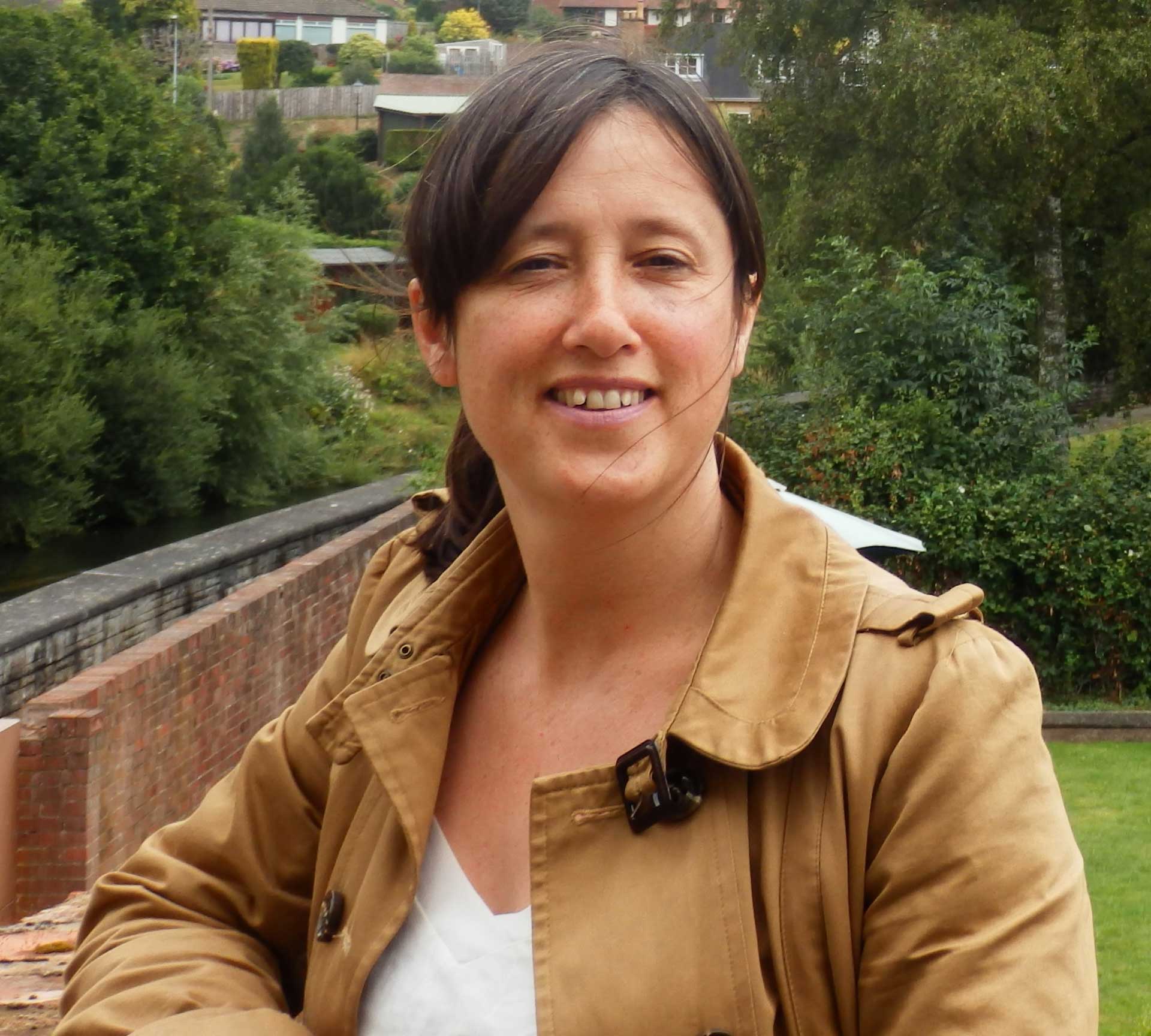
THIS week in the Senedd, the Welsh Liberal Democrats renewed their demands for the implementation of child poverty targets.
According to a report from the Bevan foundation, 29% of children living in Wales are currently experiencing poverty (an estimated 190,000 children).
The same report highlighted that the largest percentage of children living in poverty are from working households or in couple households.
The Welsh Lib Dems are now renewing calls for the Welsh Government to create a set of targets for reducing child poverty, which the party argues will allow for more accountability.
The party has previously called for the implementation of targets, citing recommendations from the Calling Time on Child Poverty Report published in November last year.
Commenting, the Leader of the Welsh Liberal Democrats Jane Dodds MS said: “The latest statistics on childhood poverty in Wales paints a very distressing image of families across the country struggling to make ends meet.
Over the course of the last six years, the proportion of children in poverty has skyrocketed. Fuelled by worsening economic conditions and a complete lack of action from both governments in Westminster and Cardiff Bay.
We cannot act complacent about these figures nor accept the clear lack of progress in fighting child poverty, behind each statistic is a child that the state has failed.
It remains painfully clear that the Welsh Government is failing to make any meaningful progress in this fight, which is why they must follow through with the implementation of clear set targets that will allow for further accountability.
We as a party have continuously called for the creation of these targets and we will not be silenced. For the sake of future generations we urge the Welsh Government to listen.”
Education
Conservative calls for academies and free schools rejected by Senedd
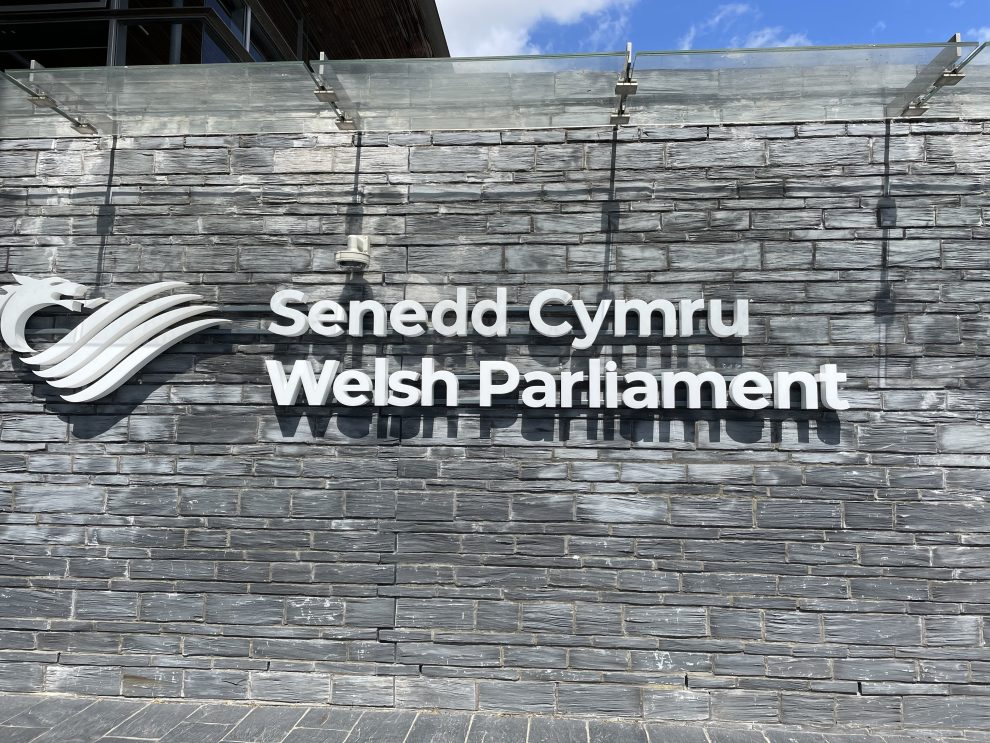
THE SENEDD has rejected calls to introduce free schools and academies after a report found major challenges in Wales’ education system.
Tom Giffard led a Conservative debate on educational attainment, warning that Wales is consistently at the bottom of UK-wide league tables.
The party’s new shadow education secretary pointed to an Institute for Fiscal Studies (IFS) report on education in Wales which found low outcomes and high levels of inequality.
Mr Giffard told the Senedd the IFS report highlights the pitfalls of the Welsh Government putting all its eggs in the basket of a skills-based approach.
Criticising a failure to measure skills inequalities and pupil progress, he stressed that Wales’ lower performance is due to policy and approach rather than funding or the pandemic.
He said: “It seems the Welsh Government relies on Pisa results to tell the story but then, when those same results are all too disappointing, they are dismissed in equal measure.”
Mr Giffard, who previously worked in a primary school, said declines in Pisa results can be observed in almost every country that has adopted a skills-based approach.
Raising concerns about disappointing Pisa results, the South Wales West MS pointed out that Wales saw the lowest scores in the UK for every subject.
Heledd Fychan, Plaid Cymru’s shadow education secretary, warned that Wales’ schools are understaffed and facing difficult decisions due to budgets being at breaking point.
She criticised implementation of the Welsh Government’s additional learning needs (ALN) reforms, saying schools cannot realise the aims without the budget to bring them to life.
Ms Fychan said Plaid Cymru agreed with much of the Tory motion but her party would not support calls for free schools and academies.
Sam Rowlands described the IFS report as damning, warning that the Welsh Government’s education reforms have been disastrous and have widened inequality.
The Tory MS claimed the reforms are systematically holding back disadvantaged children, saying: “The most remarkable fact is that the performance of disadvantaged children in England is either above or similar to the average for all children in Wales.”
Mr Rowlands added: “The poorest in England’s schools are doing the same or better than the Welsh average, thanks to ambition, the academies and free schools.”
Samuel Kurtz, a fellow Tory, said free schools and academies have driven up standards in England as he argued a Wales roll-out provides an opportunity to improve outcomes.
James Evans, the Conservative MS for Brecon and Radnorshire, highlighted the party’s pledge to get 5,000 more teachers into Wales’ classrooms.
Buffy Williams, the newly elected chair of the Senedd’s education committee, said Wales is undergoing a profound transformation propelled by ALN and curriculum reforms.
The Labour MS for Rhondda stressed the importance of listening to teachers and allowing ample time for the reforms to take root in classrooms across Wales.
Altaf Hussain recounted a conversation he had this week with a headteacher at one of the largest schools in his South Wales West region.
The Conservative said: “The major improvements they have been delivering to attainment and addressing behavioural issues are all at risk because of cuts to funding.
“Vital work undertaken to improve the lives of young people with additional needs could be halted because they cannot afford to continue employing the support workers.”
Lynne Neagle recognised the scale and seriousness of work still ahead to improve Wales’ education system, stressing: “I am not, in any way, complacent about that task.”
Wales’ newly appointed education secretary, who takes over from Jeremy Miles, said sustained improvement in attainment will be among her top priorities.
She told the chamber: “My early focus has been to listen closely to schools and where it is clear that schools seek more scaffolding.”
Ms Neagle said the Welsh Government will work with trade unions and employers to reduce workload and eliminate unnecessary red tape.
The Conservative motion was voted down, 14-35, following the debate on April 24. The motion as amended by the Welsh Government was agreed, 26-23.
-

 News2 days ago
News2 days agoPolice and air ambulances at ‘serious incident’ at West Wales school
-

 News6 days ago
News6 days ago20mph U-turn: Some roads will return to 30mph following public outcry
-

 Community6 days ago
Community6 days agoMiracle pup finds her forever home after heart-wrenching journey
-

 Crime2 days ago
Crime2 days agoPembrokeshire pensioner accused of 17 sexual offences against children
-

 Crime1 day ago
Crime1 day agoAll three school stabbing victims discharged from hospital, police confirm
-

 Community4 days ago
Community4 days agoCounty Hall to offer space for community banking
-

 Crime4 days ago
Crime4 days agoBrian Davis: Wanted on suspicion of commercial burglary
-

 Business6 hours ago
Business6 hours agoLargest Welsh port appoints communications and marketing director


























